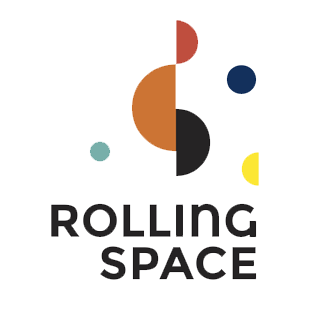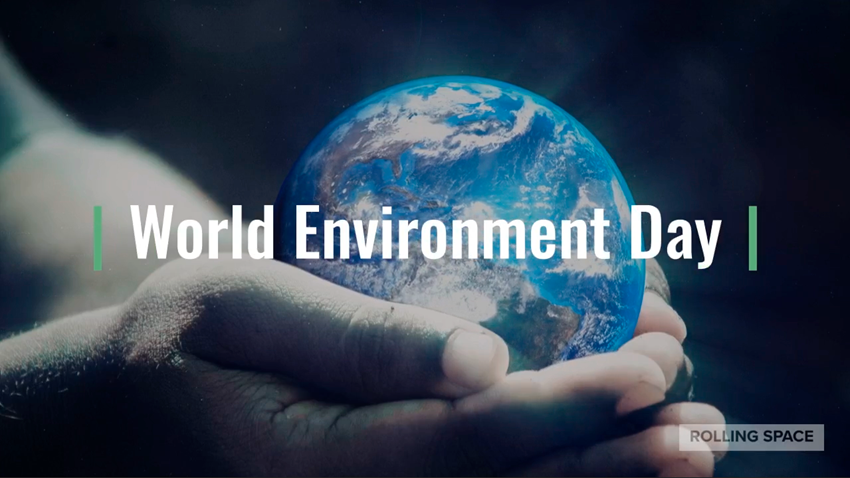As we celebrate the World Environment Day, we are constantly confronted with the impacts of our presence on the planet and its continuous degradation.
It is an opportunity to reflect on our contribution to the planet's sustainability.
Surely you think you already do a lot: separate waste, reuse packaging, save on water consumption, etc. But what about paper? The paper you use daily in your personal and professional activities?
Paper is everywhere, whether it's invoices and receipts from customers or suppliers, human resources and legal contracts...
Many activities are still based on paper-based processes, which means little efficiency in process management.
What's more, archiving documents on paper takes up space and essentially time and money! Especially when the document is badly filed and a lot of time is lost trying to find it. Add the possibility of paper loss and you have the perfect recipe for compromising the whole activity.
Did you know that in the US alone, each office worker still consumes an average of 10,000 sheets of paper a year and generates about a kilo of paper and cardboard every day?
And did you know that:
• 80% of information is still kept on paper, even though over 80% of the documents they work with are in digital format?
• 30% of paper documents contain obsolete information?
• Of the paper filed, over 80% is never referenced again?
• 22.5% of printed documents go astray?
• People working in offices spend 40% of their time looking for information that is in paper format?
(Ashby - 2011)
Nowadays we no longer do without the use of technology in our lives and it is through the internet that we carry out countless tasks, often without using a computer. Teleworking has accentuated this need and, with easy access to so much technology, why do we still use paper?
So what can you do?
It's time to exchange paper for digital and contribute to process "dematerialization"!
The dematerialization of processes is the process of transforming a physical document into digital format and is also a generic term to describe the digital transformation of society and the economy.
Furthermore, it is an important sustainability action for companies, since paper represents a high percentage of the waste generated by companies.
This is an important cause for the planet's sustainability, to the point that the European Commission has been systematically analyzing the links between digitization and the environment, mainly in the context of the European Green Pact, but also in the Digital Strategy and in its New Industrial Strategy for Europe.
Digitalization is an excellent lever to accelerate the transition towards a climate-neutral, circular and more resilient economy. At the same time, we must put the appropriate policy framework in place to avoid adverse effects of digitalization on the environment. These conclusions reflect in a balanced way where the EU needs to act to make the most of this twin transition.
(Svenja Schulze, Federal Minister for the Environment, Nature Conservation and Nuclear Safety of Germany).
Many companies have already gone digital, as dematerializing processes makes it easier to manage documents, prevents fraud, streamlines processes, cuts costs and reduces the need for physical storage space.
Furthermore, it results in a significant increase in productivity that comes from the reduction in the time required to perform tasks, the profitability of human resources allocated to them, the increase in the speed of access to information and also the improvement of communication processes between the different services.
However, the dematerialization of processes is inevitably associated with the management of a company's workflows, i.e. the optimization of information circuits through technological applications, with information being communicated and filed in digital format, with the aim of speeding up and facilitating the monitoring of processes, with the guarantee of the evidential value of electronic documents.
Here are 20 good reasons to dematerialize your processes:
• Easy document search;
• Procedural standardization;
• Increasing security at document level;
• Limited access to authorised persons;
• Simultaneous access to the same document by several users;
• Access from any geographical location;
• Reduction of physical space for archiving;
• Possibility of storing documents in different formats;
• Immediate delivery of the necessary information at the desired location;
• Availability of more operational information;
• Elimination of redundancies and unnecessary tasks;
• Rationalization of operations;
• Completion of tasks in a more efficient way;
• Improved customer service;
• Time and cost savings;
• More free time to dedicate to core business activities;
• Improvement in the process quality and its results;
• Improvements in data protection and disaster recovery;
• Improved auditing processes;
• Better communication and collaboration between people.
At Rolling Space we are increasingly committed to provide management solutions in Cloud environment, which contribute to increased efficiency and productivity.
The cloud platforms Rolling Legal (management of legal processes) and Rolling Trademarks (control and management of trademarks) have enormous advantages and features that improve the users' activity, with advantages such as issuing fee notes and proof of payment in pdf, establishing tailored approval processes, managing and archiving documents, with the possibility of sharing folders by groups and controlling the history of versions, as well as allowing integration with external platforms, such as Sharepoint, OneDrive, Google Drive and Box, in order to have access to all files from a single place!
And they contribute to the planet's sustainability!
Get to know them here!

